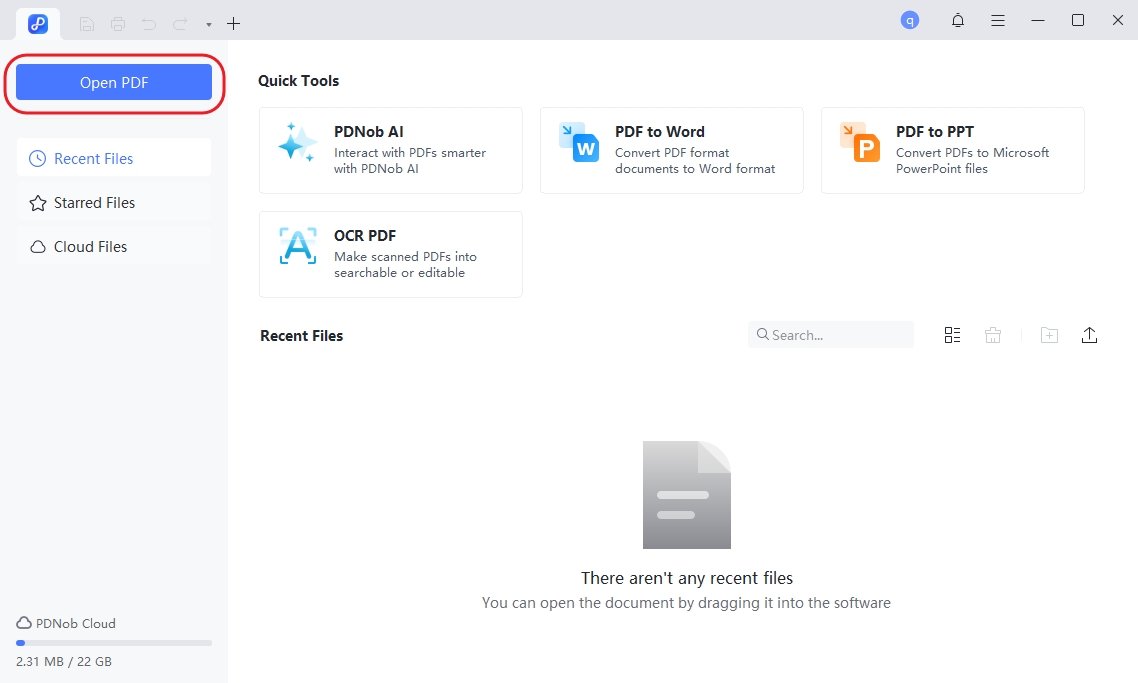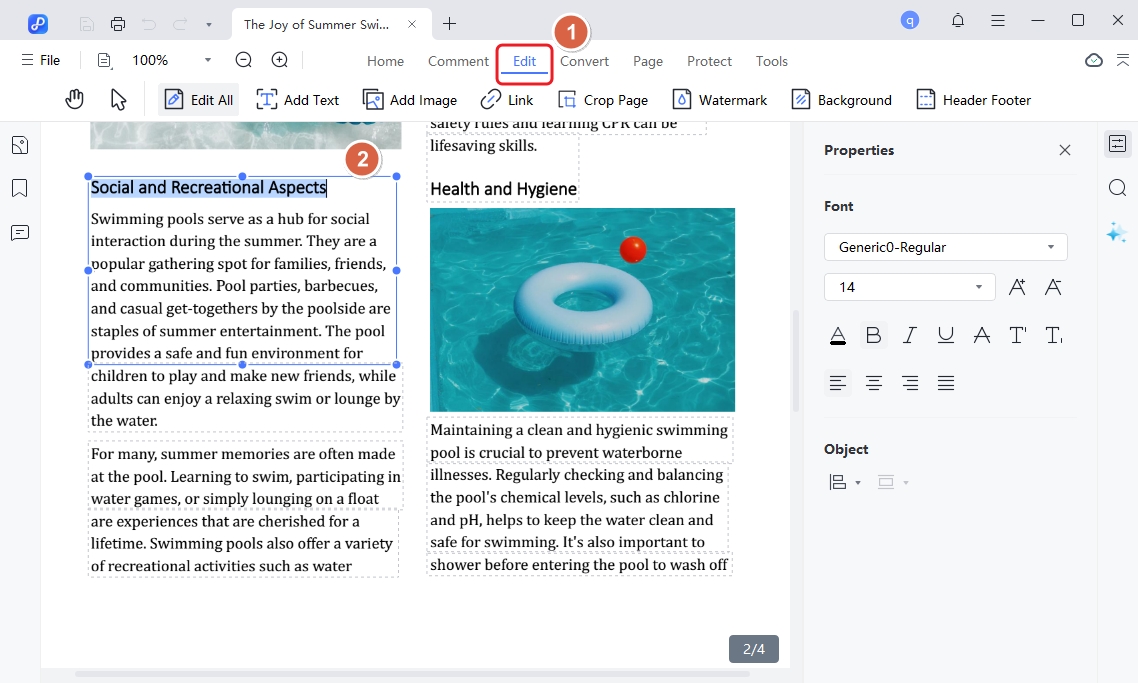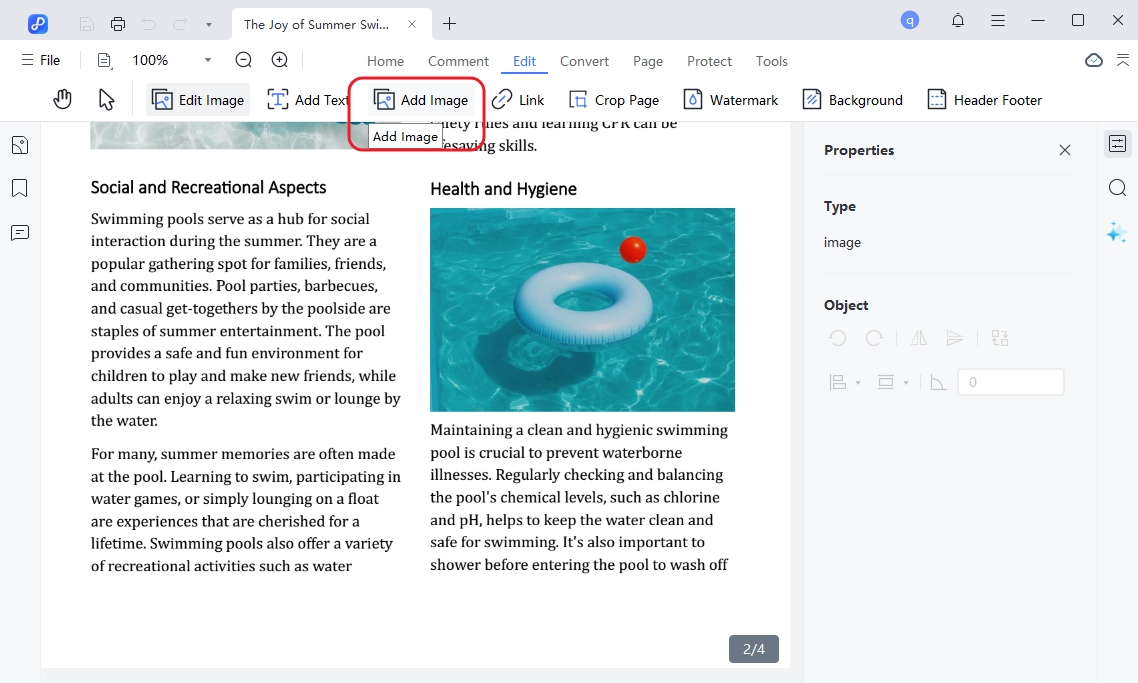The Ultimate All-in-One PDF Editor
Edit, OCR, and Work Smarter.
The Ultimate All-in-One PDF Editor
Edit, OCR, and Work Smarter.
Lawyers face critical document management challenges every single day. From handling thousands of files to meeting strict compliance standards. They need to deal with different types of documents. It’s easy to see how these demands can leave them feeling stretched thin and constantly under pressure. We truly understand how tough it can be.
To solve these issues, law firms now rely on specialized legal document management software. These systems organize, secure, and streamline case files in ways that traditional storage can’t. We are going to help you choose the best document management software for lawyers and law firms.
Before investing in any platform, lawyers and law firms must evaluate core features and suitability. Here are the key factors to consider:
Legal document management software should allow secure storage, version control, and quick retrieval of case-related documents. Features like file sharing for lawyers, OCR (optical character recognition) search, and matter-based organization are critical for day-to-day efficiency.
Law firms handle sensitive client data, so security is non-negotiable. You have to look for SOC 2, ISO 27001, or HIPAA certifications.
A DMS for law firms should not be an isolated island. It must integrate with Microsoft 365, Google Workspace, billing tools, CRM, and case management systems. Smooth integration ensures a unified workflow across your practice.
Pricing is more than monthly subscription fees. Consider hidden costs like storage limits, add-ons, or migration expenses. Always ask vendors for a full cost breakdown.
Even the most powerful software fails if your team cannot use it easily. Look for intuitive dashboards, mobile access, and responsive support teams. Training and onboarding assistance are also important.
While a DMS excels at storing and organizing documents, it isn't designed for quick, direct editing or annotation of PDFs. If you need to actively revise legal contracts or add detailed comments to files, we recommend trying Tenorshare PDNob for a superior editing experience.
Check out the list of the best document management systems for law firms.
NetDocuments is a cloud based document management system for law firms trusted by many global practices. It’s known for compliance, scalability, and secure collaboration.
NetDocuments excels in security and matter-centric organization. It integrates well with Microsoft 365 and Google Workspace. The PatternBuilder tool allows automated workflows without coding.

Pros:
Cons:
iManage combines cloud and on-premise deployment.
Offers in-document collaboration, Outlook integration, and granular permissions. Strong for firms needing ultimate control. You can even ensure high security of your document during remote access.

Pros:
Cons:
Clio is an all-in-one legal practice management software with strong DMS capabilities.
Easy to use, integrates with 200+ apps, and includes templates, billing, and client portals. So you can organize your firm's reports in one accessible location.

Pros:
Cons:
LexWorkplace is built specifically for law firms, with advanced email + document management features.
The tool includes OCR, metadata search, and HIPAA-compliant storage. Strong Microsoft Office integration. You will get sharing options for clients and outside parties.

Pros:
Cons:
SmartVault provides secure file sharing and storage, popular with accountants and small law firms.
The software is easy to use, integrates with QuickBooks, and offers secure portals for client communication.

Pros:
Cons:
Filevine blends case management with document management software for lawyers, making it a flexible tool for PI and corporate law.
Features include OCR, task automation, and client communication tools. Strong customization options.

Pros:
Cons:
While document management systems (DMS) help store, organize, and share legal files, they often fall short when it comes to working directly on PDFs.
Tasks such as OCR, redaction, adding Bates numbers, or applying e-signatures usually require switching to separate software. Tenorshare PDNob bridges this gap, offering law firms a powerful solution for managing PDF workflows efficiently and securely. It can help you handle your documents.



A Document Management System (DMS) is software designed to organize, store, and manage digital documents securely.
The best software depends on your firm’s size and needs. Tenorshare PDNob is great for small to mid-sized firms, offering practice management and billing. iManage is suited for large firms with robust security and collaboration. NetDocuments is popular for cloud-based document storage.
Yes. iManage is a leading choice among mid-to-large law firms. Because it combines robust security and compliance features.
Law firms typically rely on a combination of software:
A document management software for lawyers is essential for organizing and safeguarding legal files. But it doesn’t always cover PDF-specific tasks like redaction, OCR, or e-signatures. Tenorshare PDNob allows your firm to efficiently edit, protect, and sign PDFs. By integrating PDNob into your workflow, law firms can streamline document handling, save time, and reduce risk.


PDNob PDF Editor Software- Smarter, Faster, Easier
 The END
The END
I am PDNob.
Swift editing, efficiency first.
Make every second yours: Tackle any PDF task with ease.
As Leonardo da Vinci said, "Simplicity is the ultimate sophistication." That's why we built PDNob.
then write your review
Leave a Comment
Create your review for Tenorshare articles
By Anna Sherry
2026-02-03 / Knowledge